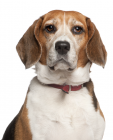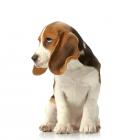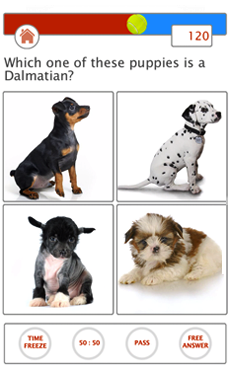Beagle
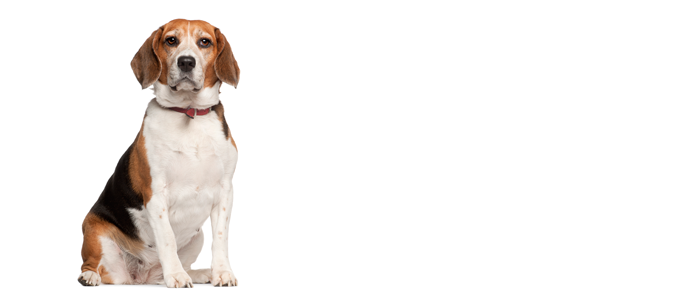
In my own words
I’m always ready to go and just bursting with energy, once you get me started I can’t stop. I love rolling around on the floor with the kids and long vigorous walks in the park. Yes, I’m very much the outdoorsy type and am happiest in a big backyard with lots of people to play with. Running around in the grass reminds me of my illustrious hunting past and you’ll often find me having a good sniff around. For your sake I’d recommend keeping me on a tight leash!
I’ll always be happy to see you and will greet you at the door with a wagging tail and a smile that will never fail to brighten up your day. You’ll also notice that I’m quite talkative and love a good chat, although you may not understand a word I say. I’m not perfect and I must admit that I can be a bit sneaky when it comes to stealing food. I can’t help it- my superior sense of smell is entirely to blame! Ultimately, I’m a sweet and gentle soul and will make a fine addition to the family.
My ideal owner(s)
Singles
Seniors
Suburban families
Apartment dwellers
What they say about me
Happy
Energetic
Playful
Adaptable
Please read on, to find out more about me, and whether I will be someone you can be happy with for the next 12 years, or even longer!
Is this Beagle for you?
Test your knowledge about the Beagle
Information essential about the Beagle
Kennel Club Group:
Hound
Size:
Small-Medium: Weight Male 22– 25 lb (10 – 11kg) Female 20 – 23 lb (9 – 10kg)
Height Class 1 Male 14 – 16” (36– 41 cm) Female 13 – 15” (33 – 38 cm)
Height Class 2 Male Below 13” (33 cm) Female Below 13” (33 cm)
Popularity:
Due to it’s sunny nature, the Beagle is one of the most popular dog breeds in the USA and enjoys a similar level of popularity in the UK.
Breed History:
The first Beagles date back to the 1500s, when English hunters would take them out in packs to hunt tracking rabbits, hare, pheasant, quail and other small animals. It is believed that the breed originated as a cross between the Harrier and other types of English hounds. The Beagle can hunt alone or in packs and, being a scent hound, has the tendency to follow his nose and ignore all else. The exact origin of the Beagle name isn’t entirely clear, but may have come from the French term "be’geule," which translates to “gape throat,” in reference to their baying voice. It is also possible that the name may refer to the dog's size, stemming from the French word “beigh”, the Old English word “begele”, or the Celtic word “beag”, which all mean "small".
The breed standard was declared in the 1860s and in 1888 the National Beagle Club was formed to hold agility and obedience contests. To this day Beagles make celebrated hunters, sporting dogs and narcotics detection dogs as well as excellent family pets.
Character:
Your Beagle is a happy type, as is clear by that ever-wagging tail. They need ample attention and affection and love to feel as though they are an active member of the family. Children will adore them, as they make energetic but gentle playmates and are always ready to get up to mischief. Beagles are sweet and gentle and will happily welcome you home after a long days work. They are extremely adaptable to different environments and lifestyles and are equally as good with children as adults. Unfortunately their hunting genes mean that they are not to be trusted around non-canine pets unless they are socialised with them at a young age. Your beagle is absolutely bursting with energy. It is important that they are kept active and two lengthy walks a day should do the trick to tire your little companion out. Beagles do have a mind of their own and can be very stubborn. Consistent training is necessary to let them know who is in charge and ensure that they do not loose their focus. Beagles are happy individuals that make fantastic family companions.
Temperament:
Beagles have an extremely sweet nature and love to socialise. Being so energetic, they are well suited to family life and make fantastic playmates for young children. Lively and active, they are enthusiastic walkers and are always curious of new surroundings. It should be noted that when Beagles pick up a scent they are prone to wander off and are best kept close and on a tight leash unless they are in a safe area. One of the Beagle’s most endearing qualities is their constant murmuring. While their braying can sometimes grow tiresome, it often feels as if your small companion is attempting to talk to you. Protective of their environments without being aggressive towards strangers, Beagles will bark if a suspicious person approaches the house, making them an excellent guard dog. Ever alert, their even temperament ensures that they are very rarely aggressive. While Beagles can be mischievous at times, their affable nature makes for a wonderful companion
Conformation:
Beagles are solid, hardy little dogs. They should possess small, rounded skulls with a square muzzle and wide nostrils. Their large brown eyes are set wide apart and their low hanging ears are wide and long. Their tails should be raised and carried with pride, never curled over the back of the body. The body should be stout and squarely built and the feet are round and firm. The Beagle’s close sleek coat is simple to care for thanks to its medium length. The hair should lie close to the body of the dog and should be hard, never soft or silky.
Colour:
Beagles are widely known for their tricolour coats and come in a range of colour combinations including black and tan, red and white and orange and white.
Training:
While they are highly intelligent, Beagles can prove to be stubborn and tough to train. They tend to lose interest quickly and as a result require firm and patient training to ensure obedience. Beagles respond well to compliments and receiving treats and ultimately love to please their owners
Care:
The Beagle's smooth shorthaired coat needs to be brushed daily with a firm bristle brush and bathed with mild soap only when necessary. The ears need to be cleaned regularly as the breed in prone to painful infections. The nails should also be trimmed
Health:
The lifespan of a healthy individual is between 12 and 15 years, which is normal for a dog of this size. If you buy from a reputable, responsible breeder, health problems should not occur. However, if your Beagle does achieve a good old age, the normal complaints that we all suffer from, such as arthritis and failing eyesight may begin to develop. Common diseases include epilespsy, glaucoma and hypothyroidism. Hip and elbow dysplasia can also occur, and it is a good idea to get your puppy hip and elbow scored if you are thinking of breeding later on. Other problems can include patella luxation, where the kneecap slips in and out of place. Beagles can sometimes be prone to epilepsy, heart disease, eye and back problems. However, if you are careful who you buy from, your Beagle should give you many years of good health, fun and loving companionship.
You may also like:
Beagles looking for a home in UK »

 (Interest Shown)">
(Interest Shown)"> (Interest Shown)" class="overviewimg"/>
(Interest Shown)" class="overviewimg"/>
 (Interest Shown)">
(Interest Shown)"> (Interest Shown)" class="overviewimg"/>
(Interest Shown)" class="overviewimg"/>
Beagles and their owners »

If you like Beagles, you may be interested in breeds of the same size »
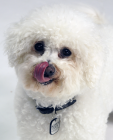
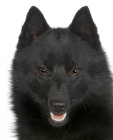
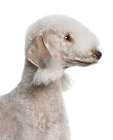
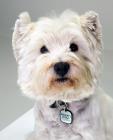

If you like Beagles, you may like other breeds with similar characteristics »

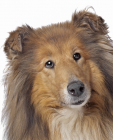


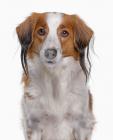
If you like Beagles, you may be interested in these other hound dogs »


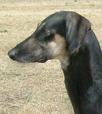
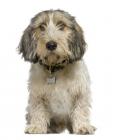

Advice on choosing your breed »
Find an animal shelter or rescue home where a Beagle is waiting for a new home »
The following grid gives a fast track review which covers all breeds. You can apply it to help you decide if a Beagle is suitable for you, the environment where you live, your personality and your lifestyle. On the grid, 1= strongly disagree, and 5= strongly agree. For example, if you are looking for a dog that is suitable for families, look down the list under Role and Suitability, and you will see that Beagles are great with adults and children alike, scoring 5. If you want a playful companion, look at the Activities list, and you will see that Beagle s love to fetch and hunt, and score 5. You might like to save or print off this section and keep it for reference while you check some other breeds before making your final choice.
Be the first to rate this breed »
|
*PLEASE NOTE: All our breed profiles are general, and all dogs are individuals. Always talk to the breeders and meet the owners you are buying from. Try to meet the dog and its parents if it is a puppy in their home environment.









